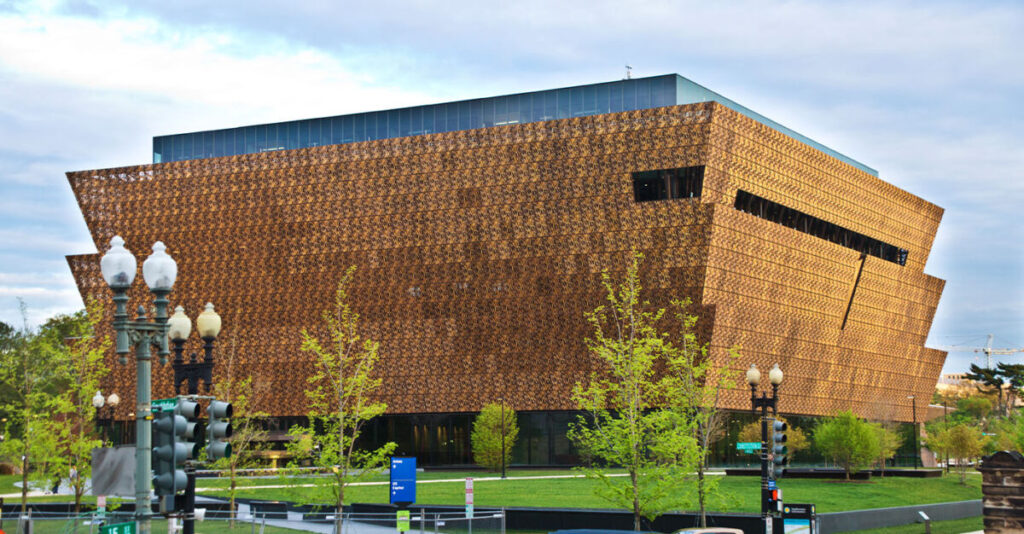By April Ryan
Hands off Our History plans more protests like the Saturday Washington DC rally, where several organizations banded together to draw attention to attempts to remove artifacts from the National Museum of African-American History and Culture.
“Black people built this country, and we will not allow anyone to erase us from the American story because Black History is American History,” says Melanie Campbell, president/CEO of the National Coalition on Black Civic Participation.
Campbell told Black Press USA that Saturday “was the beginning of our resistance movement to fight to demand our Black history be respected.”

In a March 31st article published by the North Carolina Black Alliance, the Smithsonian leader revisits history during an HBCU stop at Shaw University; Smithsonian Secretary Lonnie Bunch said, “I will probably get fired at some point,” Bunch said. “But I think the goal would be to, sort of, fight the fight as long as you can.”
That fight is in the planning stages with leaders like Marc Morial of the National Urban League, Shavon Arline Bradley National Council of Negro Women, and Professor Kimberle Crenshaw of the African American Policy Forum, who were also part of the weekend demonstration for Hands Off Our History.
Referring back to the March 31st published story, “The Smithsonian, with me at the leadership, is considered the best example of DEI leadership — you know, a woke leader,” Secretary Lonnie Bunch said. “So they’ll come after the Smithsonian. I get it. I think that the most important thing for me is to help the staff continue to do the work they need to do because the challenge is, with all that’s going on, people get paralyzed.”
A threat of budget cuts can also cripple the museum, according to Bunch.
“The reality is nobody’s immune. We plan every day for significant budget cuts,” Bunch said. “I’ve done scenarios with budget cuts as much as 40%, which means you have to reimagine the Smithsonian.”
This reporter asked the Smithsonian spokesperson, Linda St. Thomas, about the story from the North Carolina Black Alliance. She said, “I have nothing to add. The Secretary speaks for himself.”

“We have to be concerned about the National Council of Negro Women’s Council House because you need more activity to show more engagement.”
The concern is that the federal government won’t see the property as viable if there is not enough foot traffic and tourists there. “so I’m safe to say we should be concerned if we do not see more visitation to the council house,” added Arline Bradley.
The building is Mary McLeod Bethune’s final home, where she met with then-First Lady Eleanor Rosevelt and other high-ranking officials to raise awareness and action on Black issues such as equity, the economy, community development, and education.
When the building was sold to the National Park Service in 1994, the organization thought the federal government would preserve the historic building and “ensure protection and the upkeep.”
NCNW Members have asked to repurchase the building. Arline-Bradley says she doesn’t know “if it is that simple.”
Bradley says, “Protests, marches, and a financial plan are part of the efforts to save Black historic museums and history. Meanwhile, Melanie Campbell reiterates, “Black people built this country, and we will not allow anyone to erase us from the American story because Black History is America’s History.”




